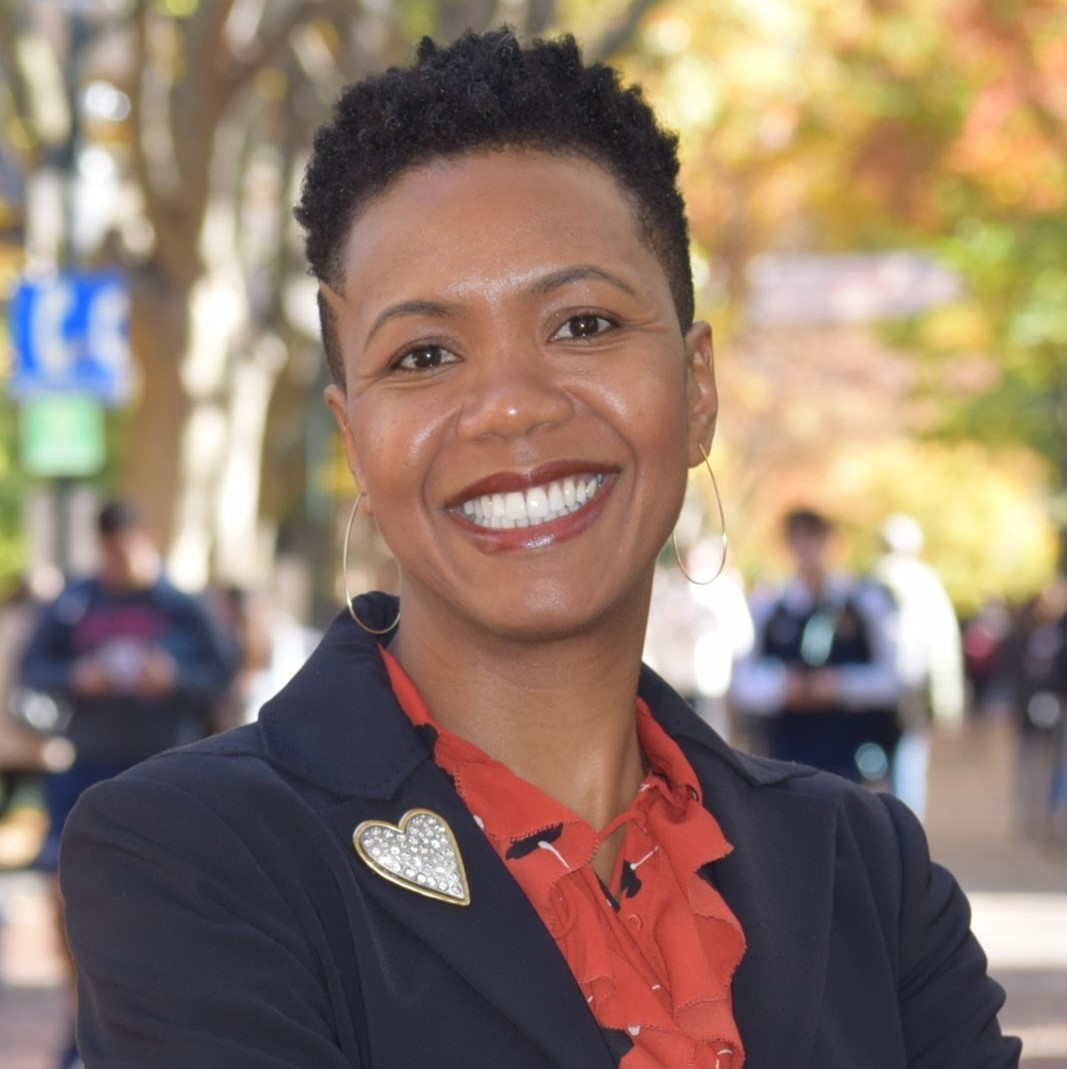New to CPRC - Angela Simms
This is a series to introduce CPRC members to a broader community.

Discipline/Training Background: I earned my Ph.D. in Sociology from the University of Pennsylvania in 2019. In addition, I hold a master’s in public policy from the University of Texas at Austin and a bachelor’s in government from The College of William and Mary. Before starting my Ph.D., I was a legislative analyst at the U.S. Office of Management and Budget for seven years.
Department: Sociology and Urban Studies, Barnard College.
Started at Columbia: Fall 2019
What research are you working on currently?
My research examines racial inequality and metropolitan area political economy through the lens of the suburban Black middle class. In my book project, tentatively titled Black Middle Class Politics and Perseverance in Suburbia, I investigate how Black elected officials in Prince George’s County (PGC) Maryland, the U.S. jurisdiction with the highest concentration of middle-class African Americans, make policy and budget decisions in a context of increasing fiscal constraint. My findings are based on a two-year ethnography of PGC conducted in 2017 and 2018, where I observed policy development processes and interviewed 58 county leaders and residents
What motivated you to research in your specialized subject matter?
Racism and capitalism have been intertwined in the United States since our country’s founding. By studying the Black middle class, a group with race dis-privilege and class privilege, I show the extent to which legacy and ongoing racial discrimination continue to shape Americans’ life chances.
What are the policies or areas of policies to which your work is relevant?
I examine how metropolitan area flows of people and material resources shape local jurisdictions’ tax generation capacity. My research highlights the need for regional policies because economic development, and social processes influencing the distribution of material resources, in a region are largely outside of local decisionmakers’ control. A key issue is adequate tax revenue to support high-quality public services. Majority-Black and Latinx jurisdictions, even those majority-middle class, face the most acute tax income challenges due to legacy and ongoing racism.
Main collaborators at Columbia? Elsewhere?
I’m co-authoring a paper, with Ankit Rastogi, a University of Pennsylvania post-doctoral fellow, where we combine my ethnographic research discussed above with Census and other publicly-available data to develop a measure testing our “relative regional burden” theory. We predict that locales with the largest Black populations are most burdened, with per capita spending the proxy, because they contend with interdependent layers of institutionalized anti-Blackness at the household, neighborhood, and local government levels.
Don't be shy; what accomplishment are you most proud of and why?
I’m most proud of completing my Ph.D. and being a member of Barnard’s faculty. I also treasure my ability to address issues relevant to social science research, policymakers, and activists focused on anti-racism. This summer of 2020, in response to the racial uprisings, I developed a workshop entitled, “Why Does ‘Blackness’ Matter?: The Socio-historical Context of Racism in America,” which I have delivered to civic and student groups.
If people want to learn more about your research, where should they start?
To learn more about my work, please visit my Barnard Sociology profile. I also welcome people reaching out directly ([email protected]).
Fun fact about you:
I cherish physical fitness. I can bench press my own body weight! I’m also a devoted Christian.
